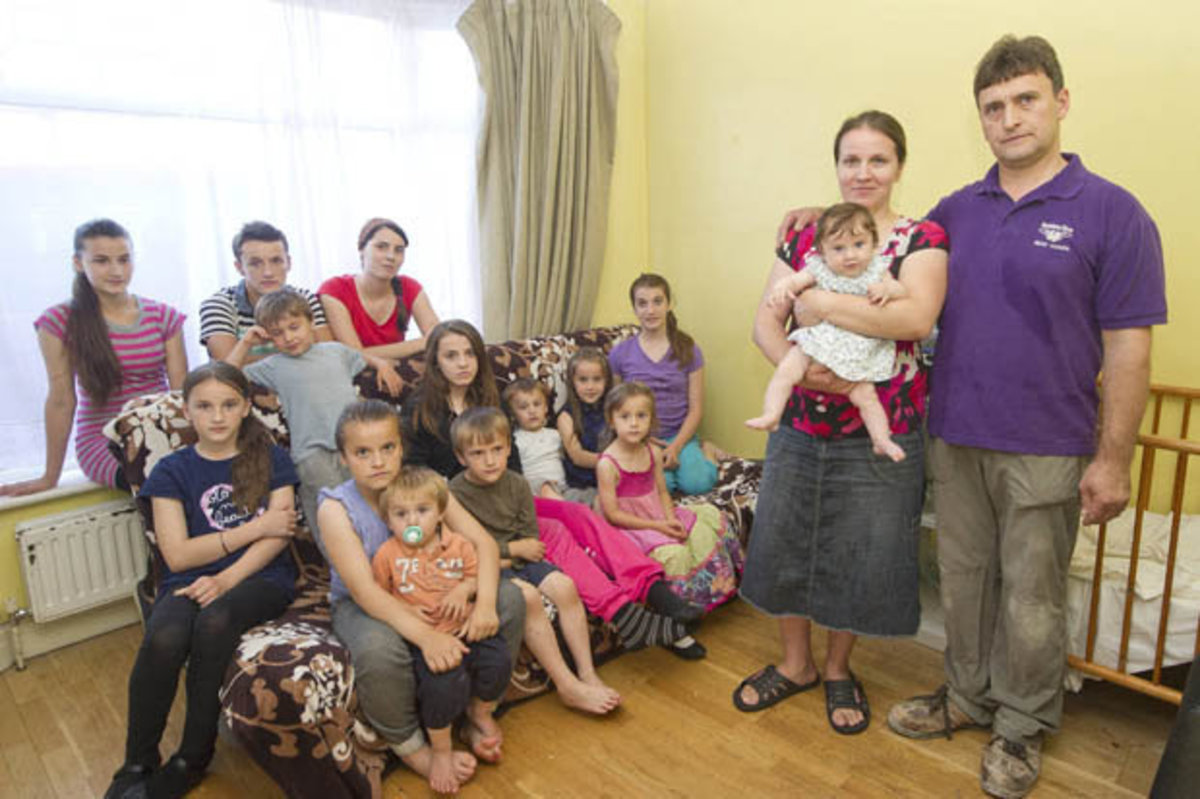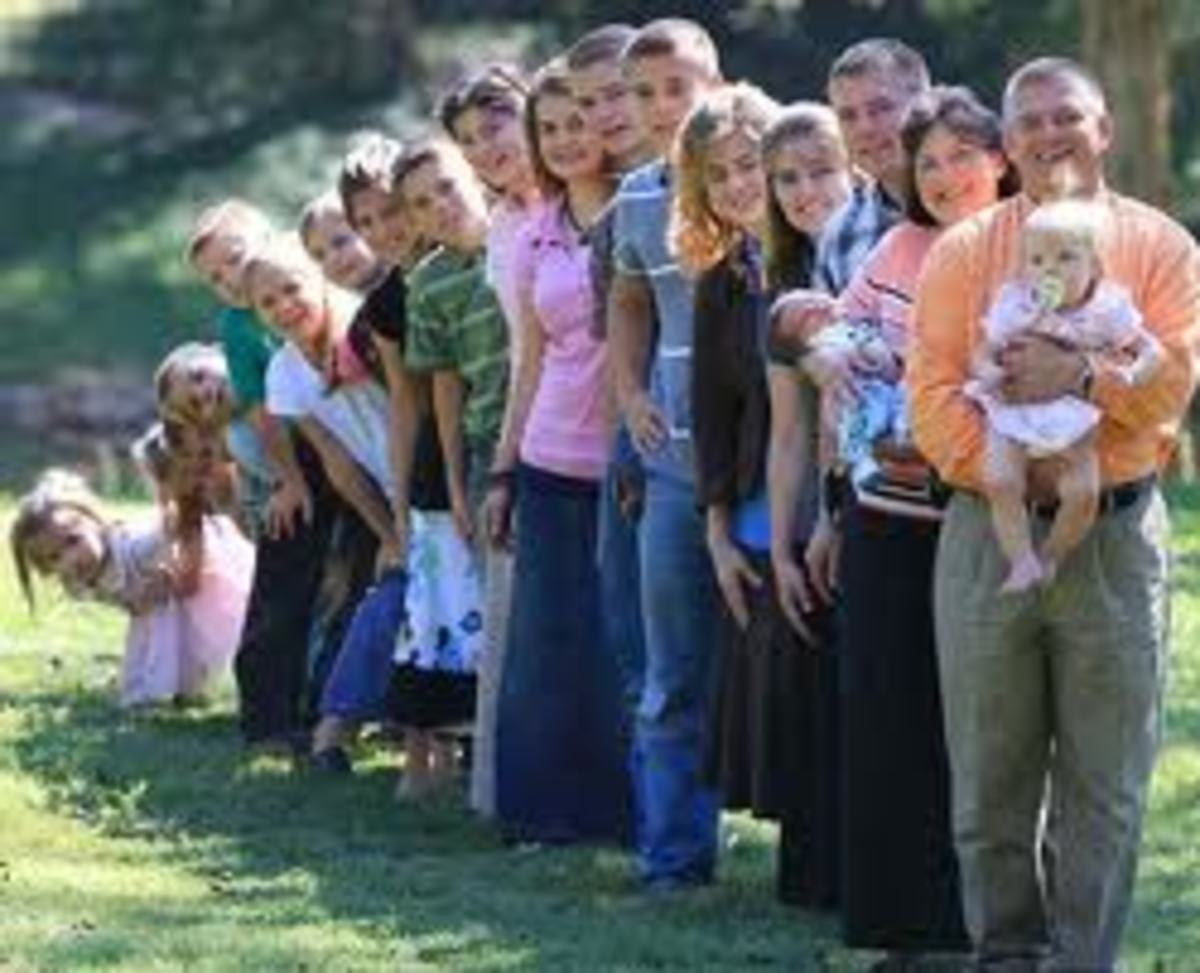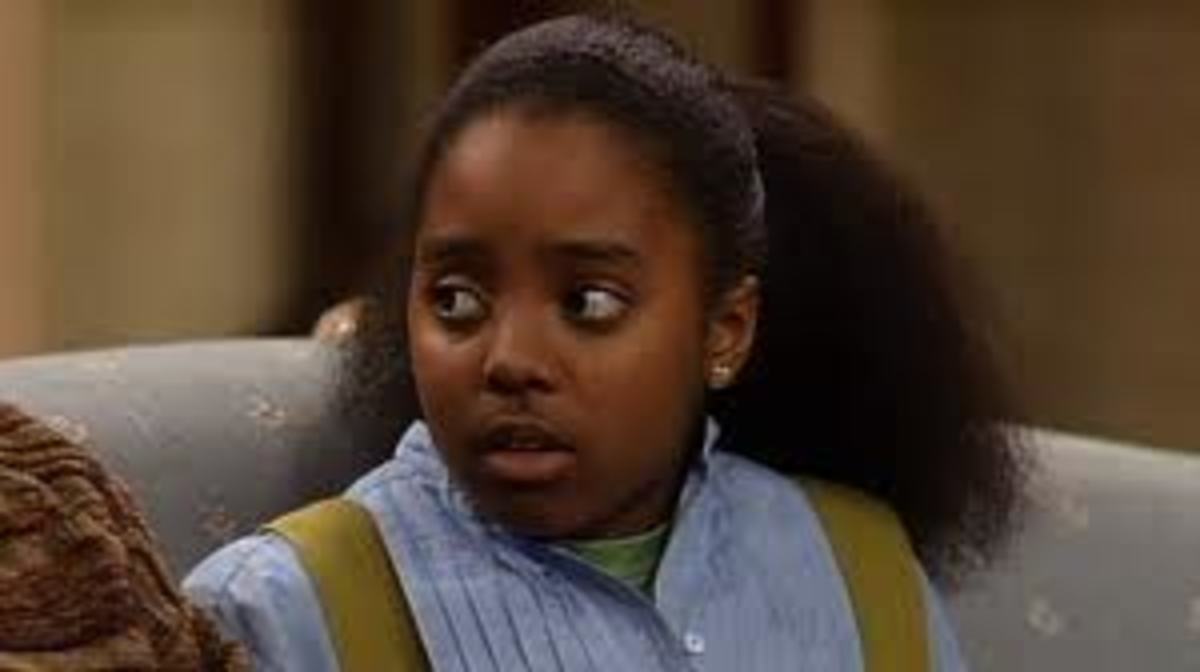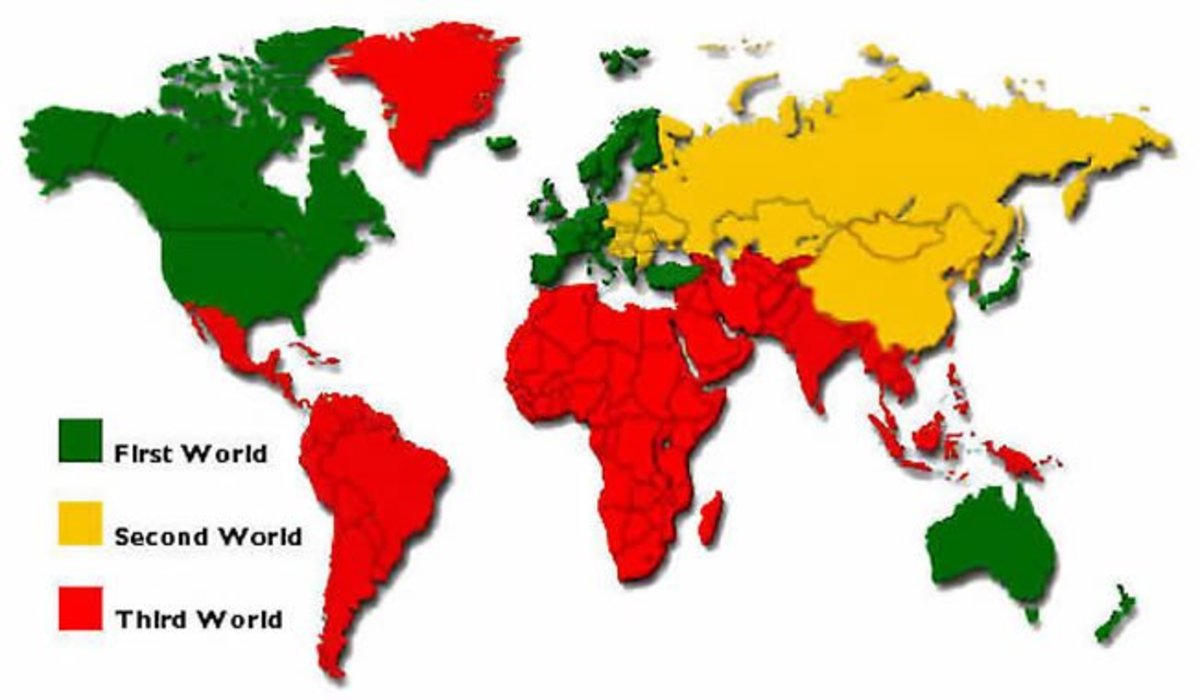The Residual Prejudice Against Childfree and 1-Child Families

IN THIS PRONATALIST CULTURE, THIS IS CONSIDERED A REAL FAMILY



THERE IS STILL A LINGERING SOCIETAL PREJUDICE AGAINST CHILDFREE AND 1-CHILD FAMILIES






MANY PEOPLE ARE UNCOMFORTABLE WITH WHAT THEY CONSIDER TO BE DIFFERENT AND UNUSUAL



Childfree and 1-Child Couples are Still Ostracized in This Pronatalist Culture
The word family to many people mean husband, wife or committed partners and children. There are people who maintain that there is no family without children and the more, the merrier. Until decades ago, families for the most part consisted of a husband, wife, and not just children but lots of children. One of the phrases women uttered was that they wanted a house full of children. Having children was a de rigueur part of marriage.
Sociocultural paradigms glorified this marriage prototype as ideal. Couples were encouraged to have lots of children because they would be deemed acceptable. They were further inculcated with the premise that being a couple eventually meant becoming parents, adding that parents equal to having plenty of children. It was thought that having lots of children meant authentic family life.
Religious paradigms strongly mandated that the true and proper purpose of marriage was parenthood. Some religions even mandated that a couple produce as many children as possible. They asserted that parenthood was not to be joy but should be of constant sacrifice for the good of the entire unit.
Couples who had children, particularly plenty of children, were respected and thought as selfless, mature individuals. They were idolized and set as example makers for others to aspire to. In many societies, parents who produced a lot of children were given special honors.
There was intense pressure to have children. If one elected not to have children, they were viewed as selfish and abhorrent. It was maintained that all thinking, mature adults want to get married and have children. Childfree people were oftentimes viewed as hedonistic and self-indulgent or worse. In fact, except in very small circles, childfree people were viewed as social deviants. Even if people did not want children, they caved in to societal and religious pressure to have children.
It was even worse for couples who decide to have one child. People were pressured to have as many children as possible. It was thought that children needed siblings to thrive and learn responsibility. The idea was the more children in a family, the happier they were. Only children were viewed as lonely. They were considered to be backwards and socially clueless because they had no siblings. They were also considered to be pampered and spoiled as they were the only recipients of their parents' attention. The worst thing besides being childfree was to have one child.
With the advancement of contraception and the loosening of traditional gender roles, there were more choices regarding how many children a couple decide to have, if any. Couples were in control of their reproductive destiny so to speak. More and more couples opted for smaller families as it was more socioeconomically and psychologically beneficial in the long run.
Even though families were smaller, childfree couples and 1-child couples are still ostracized. Many people believe that every married couple desire children. They also maintain that children complete a marriage. They contend that couples who choose not to have children have some underlying psychological issues which need to be address.
Others strongly assert that the purpose of marriage is to have children. They feel that having children is an integral part of marriage. Children, to them, represent maturity and responsibility. They believe that only immature couples would deliberately choose not to have children. One woman stated to me that being married makes one want to have children. She added that it was totally unnatural for a couple not to have children.
There are some people who strongly argue that it is selfish for a couple to not have children. They maintain that marriage is not about fun and games but meeting one's responsibilities. They stated that marriage is sacrifice and children represent a combination of responsibility and sacrifice. They assert that childfree couples want to live as if they are on a perpetual honeymoon. They of the school that marriage is more than a honeymoon, it is also being able to meet one's obligations. To them, such marital obligations often include having children.
They view couples who do not wish to have children as not authentic grownups but as adolescents. Adolescents who are only interested in their own lusts and otherwise selfish pleasures. They feel that childfree couples have no desire to grow up at all. According to them, true grown ups have children.
There are many people aghast at the notion that there are couples do not wish to have children. They believe that those couples do not know what there are missing by not having children. They further contend that such couples are unhappy but they are in denial because it is the subconscious desire and wish of all couples to have children.
It is even more dire for couples to choose to have 1 child. They oftentimes have it worse than the childfree couple. They are continuously exhorted by parents, relatives, friends, and others to have at least 2 children. They are told that if they have 1 child, that child will grow up to be lonely and neurotic. They maintain that the best gift a child could have is a sibling.
They further assert that children need siblings so they can have a perfect childhood. They contend that if a couple has at least 2 children, the child will have a constant and/or lifelong companion. Many people still believe that an only child is a sad child. They also portend that an only child is going to be maladjusted in addition to be lacking in social skills as a consequence of not having siblings.
They further claim that parents who elect to only have 1 child are being cruel and selfish. They add that this child will be alone and without the benefits of family. According to them, family is 2 children or more. They are of the school that siblings are an essential component to a child's present and future happiness. They contend that siblings love and support each other, especially into adulthood and old age when parents are gone.
They maintain that 1-child families are really not that happy. They are of the contention that children are only happy when they have siblings. They relay that only children are quite abnormal because they have only parents to socialize with. They believe that in order for children to be normal, they must grow up around siblings. They assert that only children are not normal children. They maintain that only children are totally abhorrent to the mulltillionth degree.
Yes, this pronatalist society adamantly contend that childfree and 1-child couples families are not considered to be genuine families. They are peripheral families so to speak. To a large number of people, if a family does not have 2 children or more per household, then it is not a family, pure and simple.
Childfree and 1-child couples are also viewed as incomplete families. Childfree couples are often asked as to when will they have children while inquiries are made to 1-child couples as to when they are going to add to their family. They are not considered to be whole and complete as they are. They are considered to be "missing" children.
Childfree and 1-child couples are oftentimes demonized, stigmatized, and considered to be the "other" and/or "outsider" regarding family groups. Besides LBGT and interracial families, the childfree and 1-child couple families are oftentimes the most maligned of all family groups. They are still not considered a normal family although more and more people are opting to be either childfree or to have 1 child. They are still marginalized to a degree.
Many people are threatened by childfree and 1-child couple families because they oftentimes have the freedom and/or discretionary income that the former do not have. Many childfree and 1 couple families have the freedom to go where they want and when they want. The first do not have children to curtail their plans. They also have the discretionary monies to do more of what they wish to do.
Couples with 1 child also have the freedom to pursue with they wish to do whether it is to further their career and education. They are also free to have outside hobbies as they do not have a number of children to raise. They, too, have the discretionary income to pursue the hobbies and/or activities they desire. In many cases, childfree and 1 child couple families have a less stress filled life.
Many people simply do not have the luxury in terms of lifestyle, time, and monies that childfree and 1-couple families oftentimes have. They are busy with the daily activities of raising their children and involved in the lifestyle that having children entails. They cannot do easily do what they wish to do because they have familial responsibilities. They see the childfree and 1-couple family having the freedom that they do not have and subconsciously wished that they have. If they do not wish this, they envy such couples for this freedom. Many people are threatened by which they do not and refuse to understand.
In summation, many people view family as a husband, wife, and children and/or committal partners with children. This family type is oftentimes considered and viewed as the only acceptable and legitimate family prototype. People have been strongly inculcated with the premise that family means children.
However, there are people who do not adhere to the traditional concept of family. They are either childfree couples or couples with 1 child. Although there is more acceptable of childfree and 1-child couples, they are oftentimes marginalized and considered to be the "other" and "outsiders".
Being childfree is frequently going against the pronatalist consensus as it is the desire for the majority of couples whether married and/or committal to have children. There is further contention that all mature and responsible couples love children and think of nothing better to marriage than to have children. Others believe that it is totally aberrant not to have children at all.
Childfree couples are not the only couples maligned. Couples who elect to have 1 child are also ostracized in this pronatalist culture. Couples regularly receive societal messages that a family is composed of a couple with at least 2 children. It is further maintained that children must have a sibling or siblings in order to become socially adjusted. It is further contended that only children are lonely and out of place in society. Many people assert that couples who have 1 child are doing that child a disservice.
Then there are people who are quite uncomfortable with the fact that there are childfree and 1-couple families. They simply cannot accept that there are all kinds of families and that one type of family is as legitimate as the other. They refuse to realize that not everyone is meant to have a number of children. Some are quite comfortable with no children or just 1 child.
© 2013 Grace Marguerite Williams








